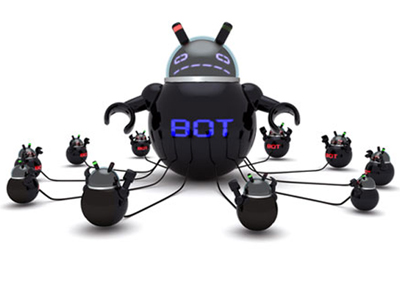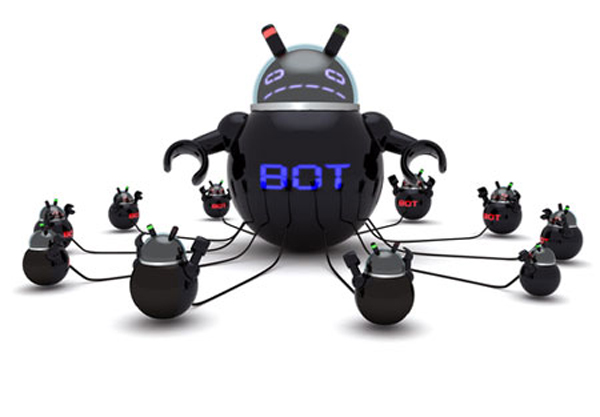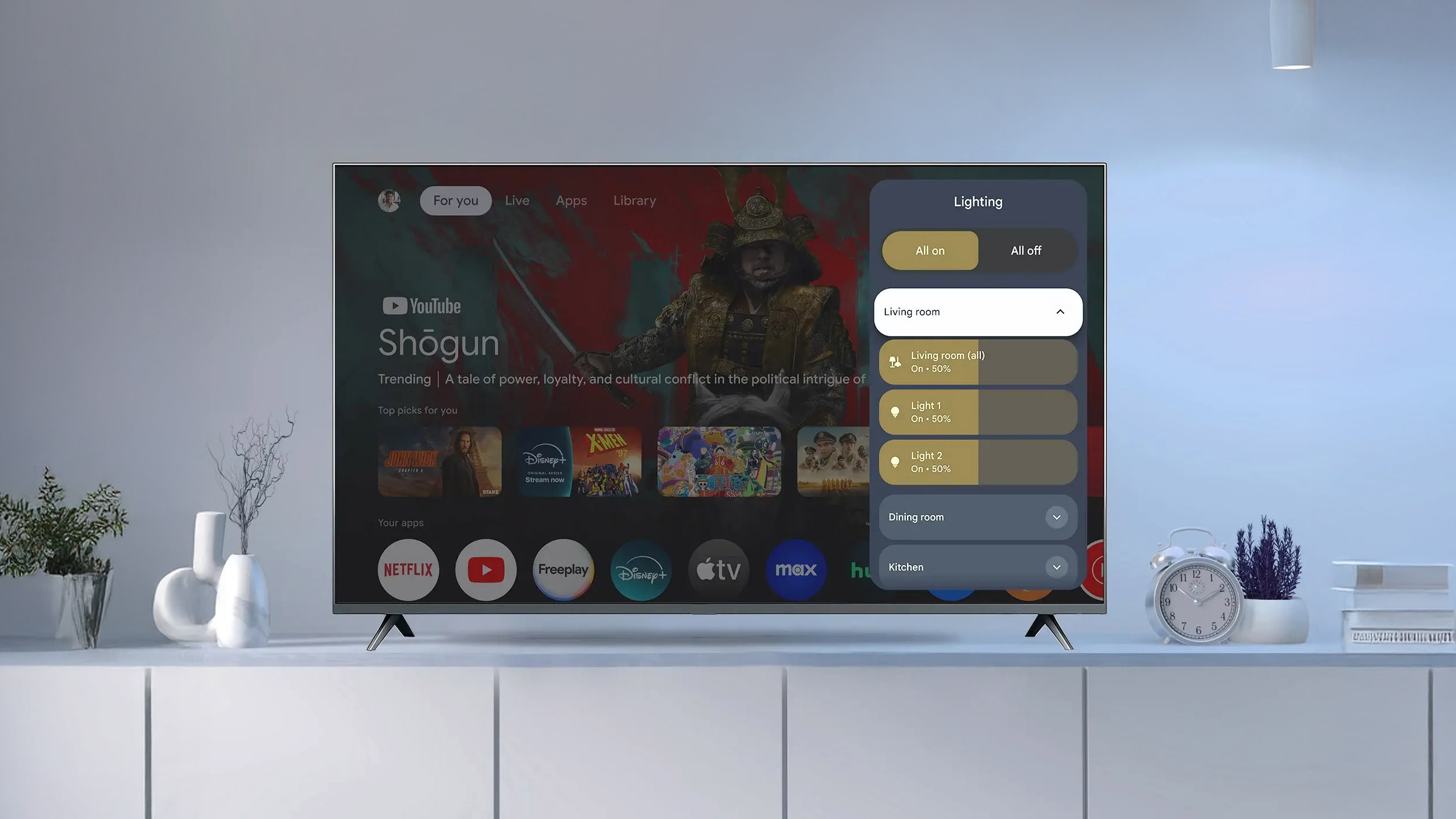Botnets: What They Are, and How They Threaten Your Computer
We often hear about 'botnets' formed by countless 'zombie' computers herded together by http://admin.bestofmedia.com/contentmgr3/cybercriminals. But what exactly is a botnet, and what danger does it pose to the average computer user?


A botnet, short for "robot network," and also known as a zombie army, is a group of computers infected with malicious pieces of software that put the computers under the command of remote operators without the legitimate users' knowledge.
Once a computer is infected with botnet malware, it becomes a "zombie" under the control of a "bot herder," who uses a command-and-control server to remotely operate the machines and harness their computing power for his own purposes.
The bot herder makes the infected computers perform various automated tasks, such as sending out huge amounts of spam emails or distributing more malware. A botnet using well-written code can put a large number of computers, from a few hundred to tens of thousands, under the bot herder's control, and could threaten other computers connected to the same network.
Web criminals and syndicates often distribute botnet malware on the Internet, usually via "drive-by downloads" that infect users visiting insecure websites, or with emailed "Trojans" that pretend to be innocuous software, but in fact are malware.
Botnet malware often installs modules that configure the infected computer according to the bot herder's specifications. Very sophisticated botnet malware can be hard to detect, even with the latest anti-virus scanners, if it has gotten into the system unnoticed.
Trojans may delete themselves after they've completely performed their tasks, or reprogram themselves to look innocent, making it more difficult for anti-virus programs to find them. Computer owners are often unaware of the attacks.
However, if your computer is infected, significant changes in its performance may be noticeable, because the machine will slow down while the botnet's tasks are running in the background.
Get instant access to breaking news, the hottest reviews, great deals and helpful tips.
In order for computer owners to protect their home networks from botnet attacks, Internet usage precautions should be practiced:
— Install anti-virus software from a trusted vendor to block and quarantine suspicious code. If you're on a PC, it's worth paying for full-featured anti-virus software that automatically scans websites for malware. Mac malware has been increasing, so you'll want to explore those options as well.
— Turn on your computer's firewall. All modern operating systems offer this option.
— Don't download files from unknown sources, and use your anti-virus software to scan all downloads and email attachments, no matter what their source.
— Create a separate "administrator" account on your machine that alone has the ability to install software. Use a regular account with limited privileges to do your day-to-day tasks; that way any malware you encounter on the Web or through email will have a much harder time installing itself.
— When you're not using the machine, shut it down or put it to sleep. Botnet herders depend on machines that are active 24 hours a day.
If you think that your computer has been infected by botnet malware, try backing up all your important files, then reformatting the drive and reinstalling all the programs to give your computer a clean start. (Make sure you have all the software installation disks handy.)
And, to repeat: Installing good anti-virus software and turning on your firewall will go a long way toward keeping your network and computer healthy from suspicious programs.
Follow us @tomsguide, on Facebook and on Google+.

Tom's Guide upgrades your life by helping you decide what products to buy, finding the best deals and showing you how to get the most out of them and solving problems as they arise. Tom's Guide is here to help you accomplish your goals, find great products without the hassle, get the best deals, discover things others don’t want you to know and save time when problems arise. Visit the About Tom's Guide page for more information and to find out how we test products.
-
David Feldman i would like to refer you to a solution to such infection problem , PineApp OSG is an anti IP Abuse solution , preventing malware and spam distribution , please visit us at www.pineapp.com , have a nice day .Reply -
RuthMNickerson my roomate's sister makes $71/hr on the laptop. She has been fired from work for five months but last month her pay check was $16157 just working on the laptop for a few hours. useful reference==========Jobs59.ℂOMReply
 Club Benefits
Club Benefits





